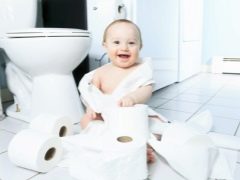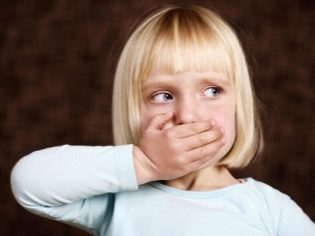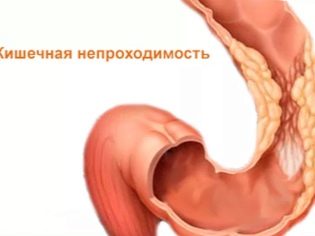Why does a child eat paper and how to wean him from it?
If a child begins to eat something unusual, it is always a concern for his health. One of the inedible products that mothers often take from babies is paper. She may end up in the mouth of the baby accidentally, but some children show heightened interest, which often alarms parents.
Possible reasons
Before you do something if the child eats the paper once or does it regularly, it is worth understanding why this behavior arises and where the attachment to eating paper products comes from.
- Quite often, eating paper and other non-food products - it's just a show of curiosity. The kid tries the objects around him on the tooth, studying them. Such actions are typical for children aged 1-1.5 years. And since paper products are around us quite often, the attention of the toddler is attracted by packaging, cardboard books, toilet paper, napkins, newspapers.
- Another common reason for using paper products in infants and children aged 1-2 years is it's teething. When the gums are itchy and itchy, the pussy pulls into the mouth everything is pretty tight to the touch that comes to hand. Therefore, mothers often have to select books with solid cardboard pages so that they remain intact.
- The desire of the child to chew paper or cardboard is connected with a lack of fiber in its diet. The basis of paper products is cellulose. It is insoluble in water and does not break down in the digestive tract, as there are no enzymes suitable for the destruction of cellulose in the body. Passing through the intestines, cellulose promotes digestion, just like fiber in plant foods.
- A child may eat paper products simply because he likes their texture and taste.
- Often the taste of babies changes due to iron deficiency anemia. Then the crumb begins to eat inedible, for example, chalk, plaster, earth or cardboard. Such manifestations of anemia are also found in older children, for example, at 10 years of age.
If strange eating habits are found in a schoolchild or teenager, then you should think about anemia first. So says the famous pediatrician Komarovsky.
Is digestive paper dangerous?
Plain paper does not pose a particular danger to the human body, which is not the case with printing publications: after all, dyes that are not allowed to be eaten are used to make them. In addition, paper clips may contain clips, clips and other things dangerous for the child. They really can hurt him, so when the child aspires to have paper, it is necessary to pay special attention to ensuring that such objects are not accessible to him.
Plain clean paper without ink and ink can be harmful only in cases when it is eaten in large quantities. Excess cellulose can cause constipation or even cause intestinal obstruction.
What to do?
The actions of the parents directly depend on the reason why the paper became the subject of attention of the son or daughter.
- If the child tried napkin, cardboard box or other paper products due to increased interest, do not do anything. Often, having satisfied his curiosity, the baby switches to other things. But so that the habit of eating paper because of curiosity is not fixed, you can remove all the paper from the field of view and distract the toddler with more interesting activities.
- If baby gnaws a cardboard in the period of teething of milk teeth, offer the baby special items called teethers. They are quite diverse, so you can easily find a suitable replacement that your baby can safely nibble instead of cardboard boxes and books.
- If paper appears in the child’s diet regularly, and mother now and then takes it away from the baby, it is worth discussing this problem with the doctor. To exclude the presence of anemia, the doctor will prescribe a complete blood count and determine what the level of red blood cells in a small patient is and how much he has hemoglobin. If it turns out that the child does not have enough iron, he will be prescribed a special treatment.
- If according to analyzes the child is completely healthy, but continues to eat paper objects, You can also examine it from the psychological side. Appealing to a psychologist is recommended even if eating paper is not the only alarming symptom (the baby is lagging behind in development, behaving strangely).
Learn more about the inedible habits, see the video below.












